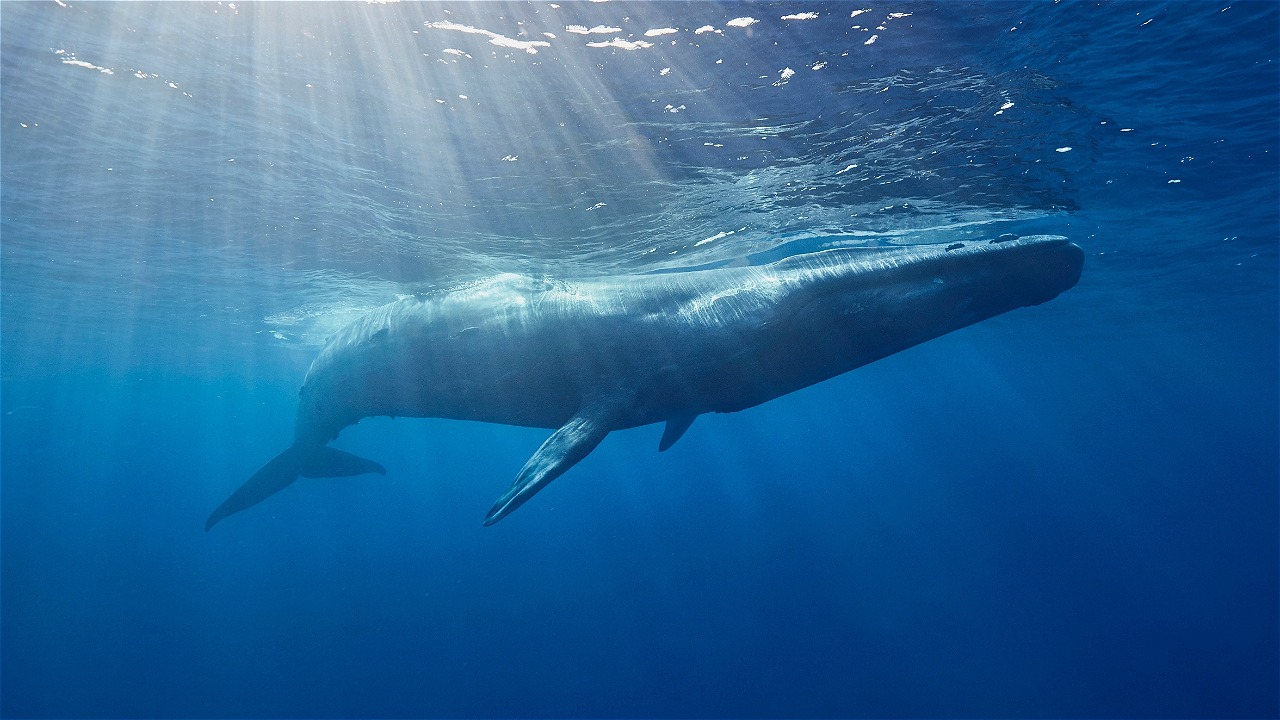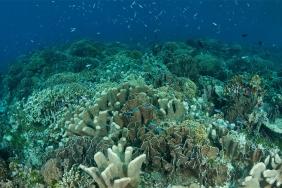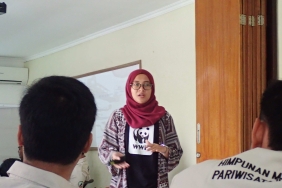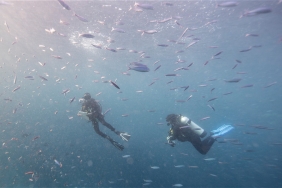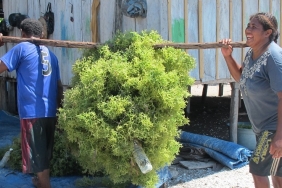MALUKU NEEDS TO LEARN HOW TO HANDLE STRANDED MARINE MAMMALS
By: Kanyadibya Cendana Prasetyo (Communication Officer WWF-Indonesia Inner Banda Arc Subseascape) & Sheyka N. Fadela (Marine Species Assistant WWF-Indonesia)
The topic of stranded marine mammals is no stranger to the general public, especially netizens. In recent years, news about stranded marine mammals has been gaining public attention. Some of the news even grabbed the attention of the public and mass media, such as the stranding of a baleen whale that was initially thought to be a giant squid on Hulung Hamlet Beach, West Seram, Maluku, in May 2017. The stranding incident itself is not new to some Moluccans. According to data collected by WWF-Indonesia, Whale Stranding Indonesia, and the Sorong Coastal and Marine Resources Management Workshop (LPSPL), 13 strandings of marine mammals in the Maluku region have been recorded since 2003. All individual animals involved in these incidents were found dead.
Most (90%) of Maluku is ocean, so it is not surprising that the province is known as one of the migratory routes for marine mammals in Indonesia through the Banda Sea and to Raja Ampat. Information on marine mammal strandings in Maluku is often obtained from the national stranding network that has been established since 2013. The network for the Maluku region has not yet been established, so the parties involved in handling strandings in Maluku are limited to LPSPL Sorong and its partners. This does not guarantee further investigation to determine the cause of stranding and death of marine mammals.
Ideally, investigations into strandings should be carried out by a handling team that also involves researchers and veterinarians so that the cause of strandings can be ascertained. "Factors that cause strandings include illness, old age, predation by predators, bad weather, disorientation, direct capture, entanglement in fishermen's nets, poor sea water quality, and collisions with ships," said Dwi Suprapti, Marine Species Conservation Coordinator of WWF-Indonesia.
The stranding network not only serves as a medium for further investigation. Through this network, information on the rescue of live stranded marine mammals and the proper disposal of dead stranded marine mammal carcasses can be shared with various parties. To support the establishment of networks in Maluku, WWF-Indonesia as the implementing partner of the USAID Sustainable Ecosystems Advanced (USAID SEA) Project will organize the "First Responders Initiation Workshop for Stranded Marine Mammal Handling" at Maluku Resort and Spa on May 7-9, 2018. This activity invites community representatives from Ambon City, Tual, and various districts in Maluku, such as Central Maluku, Southeast Maluku, West Seram, East Seram, Buru, and South Buru.
The workshop to be held in Ambon is expected to be a good venue for discussion and exchange of information between community representatives in Maluku. After all, handling stranding incidents in Indonesia should be a common focus. As Dwi added, "Strandings are not only about the welfare and safety of the animals involved, but also an indication of poor marine management and unsustainable human activities."

